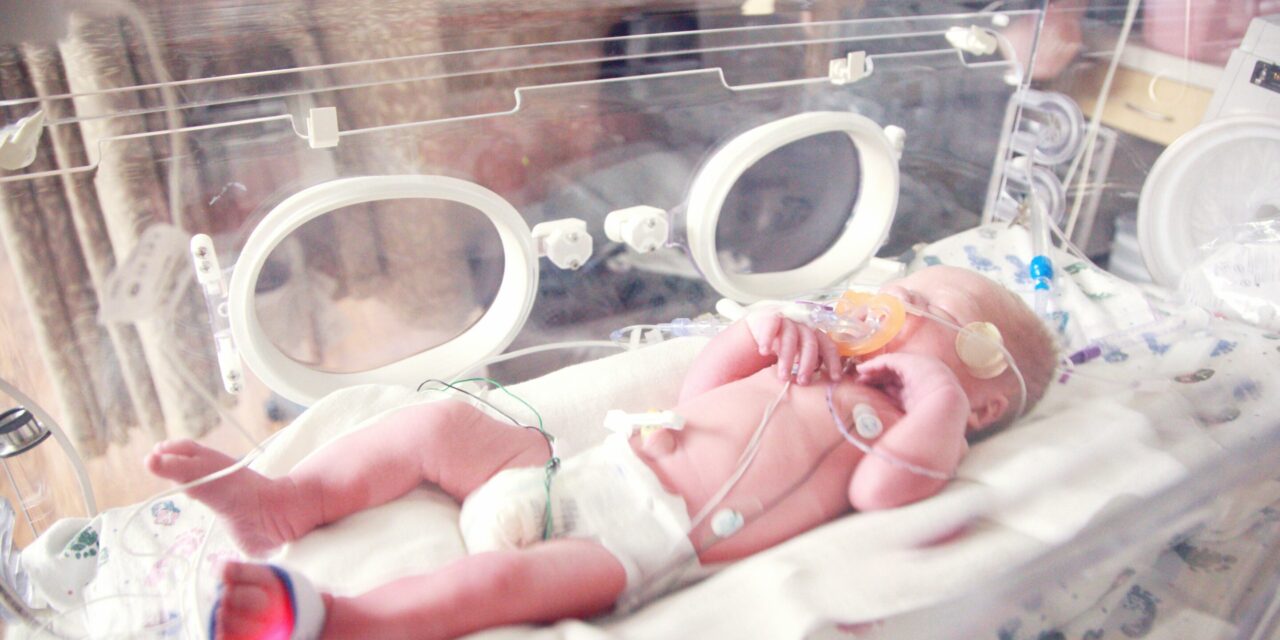Philadelphia, PA – A groundbreaking study by researchers at the Children’s Hospital of Philadelphia (CHOP) has revealed a significant reduction in the duration of antibiotic use for extremely low birth weight (ELBW) infants in neonatal intensive care units (NICUs) over a 13-year period. The findings, published in the Archives of Disease in Childhood Fetal and Neonatal Edition, provide encouraging insights into antibiotic stewardship for these vulnerable patients.
Using data from the Premier Health Database, which compiles information from academic and community hospitals across the United States, the study examined nearly 37,000 ELBW infants (weighing less than two pounds at birth) admitted to 402 NICUs between 2009 and 2021. The researchers discovered a one-third reduction in the duration of antibiotic use per 1,000 patient days over the study period.
Despite this decline in antibiotic use, the percentage of ELBW infants exposed to antibiotics remained steady—at 89.9% in 2009 and 89.3% in 2021. Importantly, the findings also revealed a decrease in mortality rates before discharge, suggesting that the reduction in antibiotic use did not compromise patient outcomes.
Additionally, the study highlighted shifts in the use of specific antibiotics, with some seeing increased use while others declined. These changes reflect evolving approaches in infection management and antibiotic selection in NICUs.
The researchers attributed the positive trends to antibiotic stewardship programs, which aim to optimize the use of antibiotics to maximize their efficacy while minimizing potential side effects. “The substantial reduction in the duration of antibiotic use indicates that stewardship initiatives are having a significant impact,” the authors noted. However, they emphasized the continued challenge of managing infections in ELBW infants, given that 9 in 10 are still exposed to antibiotics during their NICU stay.
This research underscores the delicate balance required in treating infections in high-risk neonatal populations while minimizing the risks associated with overuse of antibiotics, such as antimicrobial resistance and adverse effects.
The findings provide a hopeful outlook for improving care in NICUs and call for continued efforts in optimizing antibiotic use for the most fragile patients.
Source: Medical Xpress












